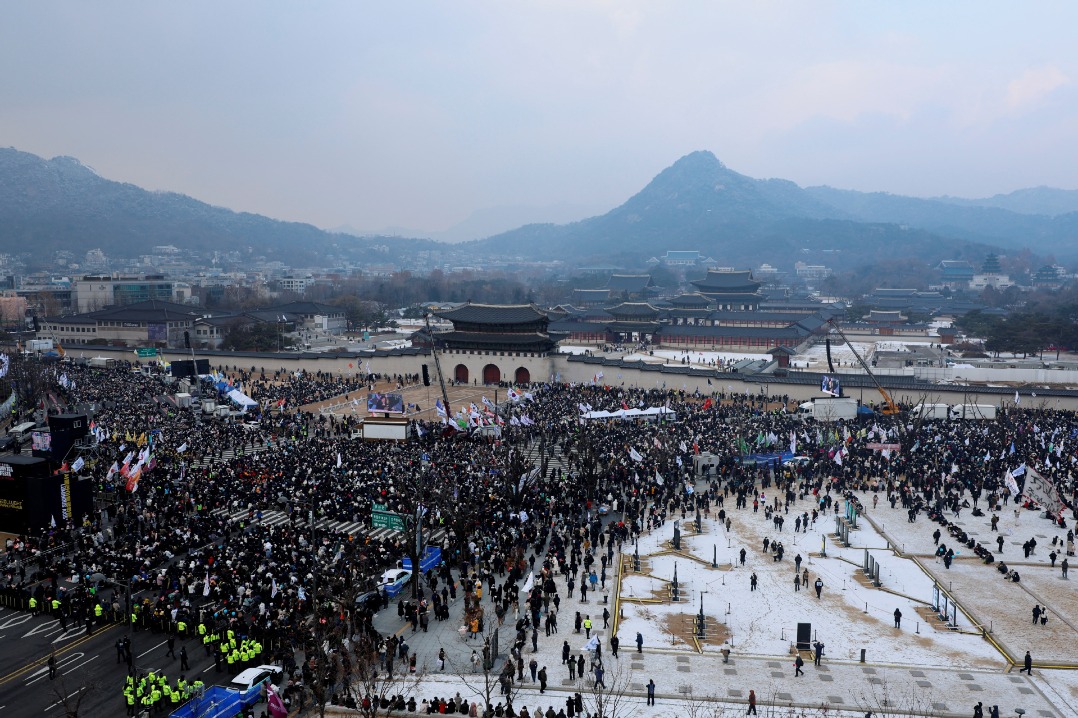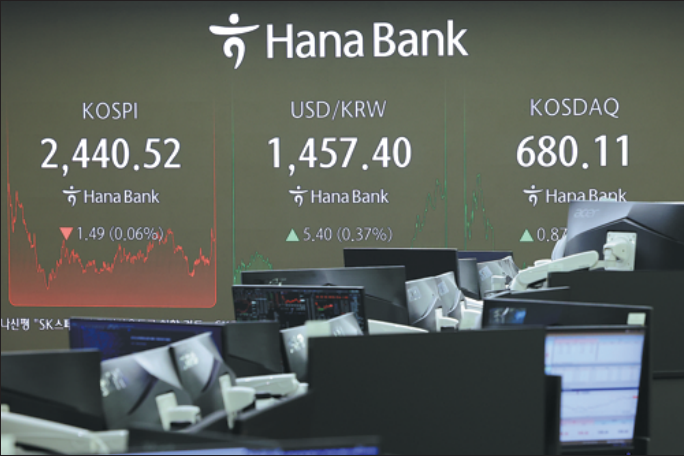US sanctions in Mideast condemned


Affected countries accuse Washington of bringing pain to innocent civilians
The United States' role in the Middle East refugee crisis — especially the plight of displaced Syrians — remains a hot topic after affected countries slammed the sanctions imposed by Washington.
While sanctions were put in place to cripple government officials, analysts said, they have been a "silent killer" that has brought pain to innocent civilians.
Khaled Almasri, a former dean of the Faculty of International Relations and Diplomacy at Al-Sham Private University in Syria's capital Damascus, told China Daily that the logic behind the sanctions "was to make people suffer so they could rise against their governments".
Iraq, Iran, and Syria show that governments did not suffer much but ordinary people had to live with pain, said Almasri, who called sanctions a "silent killer" and "one of the worst tools of statecraft".
"Everybody knows that sanctions do not work," he said.
In a speech on Oct 2, Sayyed Hassan Nasrallah, secretary-general of Lebanon's militant Hezbollah group, said Washington was responsible for the decadelong Syrian war and economic crisis because of its so-called war on terror.
He blamed the US for the first wave of Syrian displacements, exacerbated by the Caesar Act, passed in June 2020, sanctioning Syria's government for alleged war crimes.
Nasrallah also said the Syrian displacement threatened Lebanon and urged the revocation of the Caesar Act to save Lebanon, which has struggled to elect a president and reverse its economic troubles for years.
"There's a refugee crisis now and (millions) still live in Lebanon, Jordan, Iraq, and Turkiye. That means these countries spent money for refugees and these refugees are now involved in the economic situation in Turkiye and other regional countries," Deniz Istikbal, an economics researcher at the Foundation for Political, Economic and Social Research, a think tank based in Ankara, Turkiye, told China Daily.
After Turkish President Recep Tayyip Erdogan said his country was planning to ensure the return of about 1 million Syrian refugees back to their home country in July, roughly 600,000 displaced people have returned so far, according to Middle Eastern media.
Rising refugees
According to the UN High Commissioner for Refugees, or UNHCR, the number of refugees worldwide increased from 27.1 million in 2021 to 35.3 million at the end of 2022, the largest yearly increase ever recorded.
"The increase was largely due to refugees from Ukraine fleeing the international armed conflict in their country. Overall, 52 percent of all refugees and other people in need of international protection came from just three countries: the Syrian Arab Republic (6.5 million), Ukraine (5.7 million), and Afghanistan (5.7 million)," the UNHCR website said.
It also noted that Turkiye is "home to the world's largest refugee population", with almost 3.6 million Syrians under temporary protection and close to 370,000 refugees and asylum-seekers from elsewhere.
Jordan's King Abdullah II at the recent UN General Assembly urged the international community to do more to support refugees in his country, as Jordan has exceeded its capacity to accommodate nearly 1.4 million Syrian refugees.
Syria has been in civil war since the "Arab Spring" outbreak in 2011, and it has been isolated by its neighbors since then.
Syria was reinstated into the Arab League in May but talks for a permanent solution to the crisis remain fragile as it is also enmeshed in proxy wars involving Russia, Turkiye, the US, and opposition groups.
































